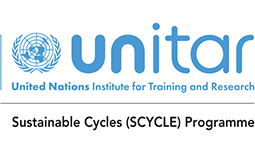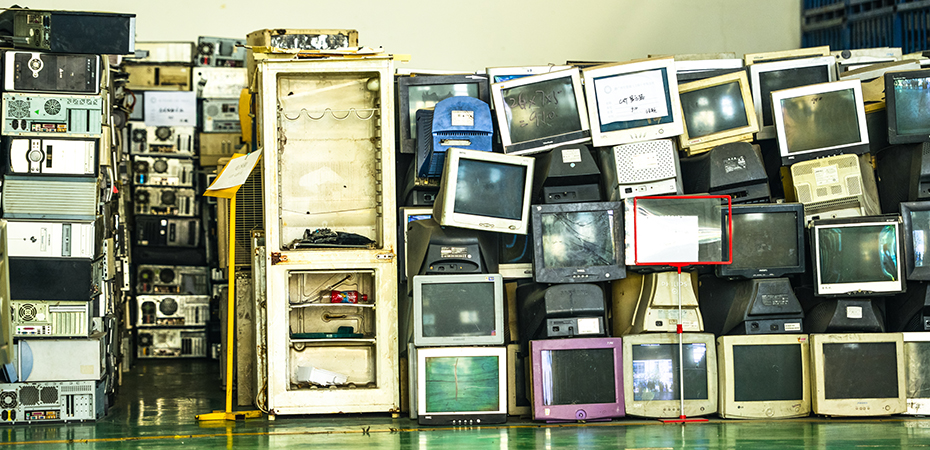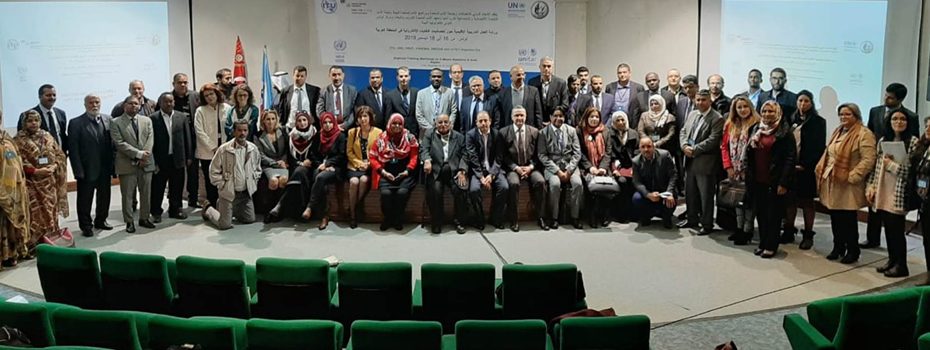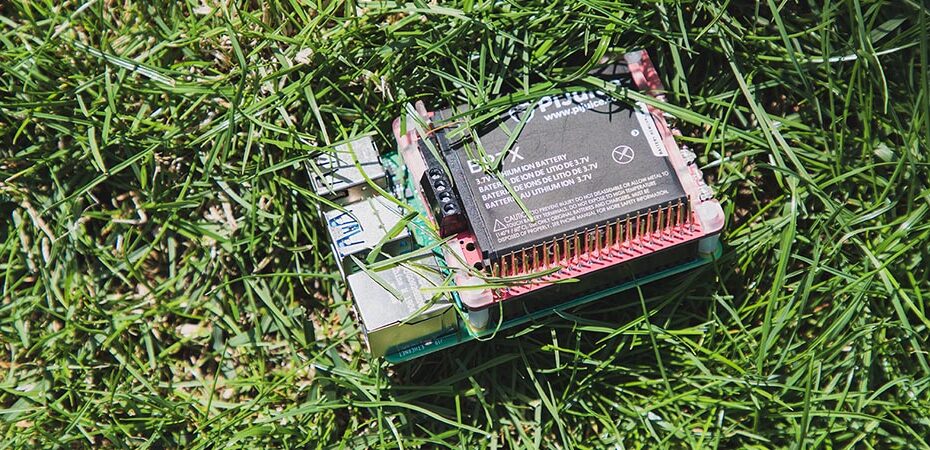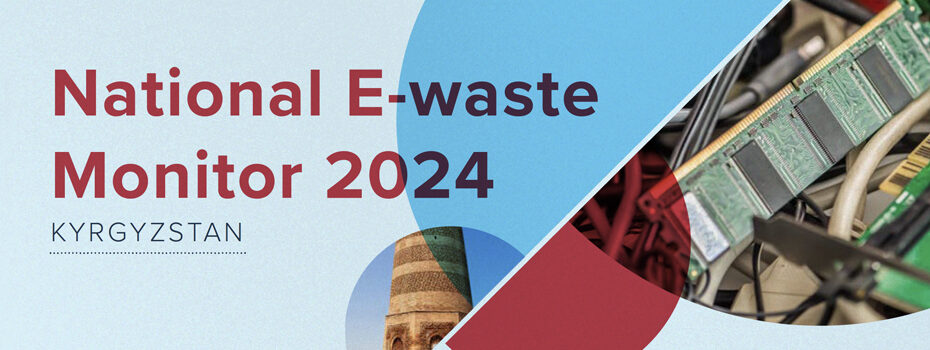UN Organisations Highlight Their Commitment to Reducing Electronic Waste
6 years ago Ruediger Kuehr Comments Off on UN Organisations Highlight Their Commitment to Reducing Electronic Waste
On 21 March, 2018, organisations from the United Nations system that are most active in addressing the global electronic waste (e-waste) challenge signed a Letter of Intent paving the way for coordination and collaboration on United Nations system-wide support for e-waste management.
Signatory organisations included UN Environment Programe, the International Telecommunication Union, the United Nations University, the International Labour Organization, the Basel and Stockholm Convention, the United Nations Institute for Training and Research, and the United Nations Industrial Development Organization.
While the transition towards a more digital world, and a growing information society and economy, offers unprecedented opportunities for sustainable development, it also contributes to a growing global consumption of electrical and electronic equipment — and, consequently, to growing amounts of electronic waste.
The signing of the Letter of Intent stems from the ongoing work of the Environment Management Group (EMG), which is currently coordinating United Nations organisations to promote system-wide action and collaboration in the area of e-waste. Two major reports on the global e-waste situation and the United Nations efforts to address the e-waste challenge, were released at the end of 2017.
The EMG report on the United Nations System-wide Response to Tackling E-waste highlights the need for strengthened collaboration among UN organisations. More than 20 UN organisations are active in tackling e-waste, and over 150 e-waste initiatives have been undertaken since 2004.
The Global E-waste Monitor — by the International Telecommunication Union, United Nations University and International Solid Waste Association — highlights the increasing generation of e-waste. In 2016, for example, some 44.7 million metric tonnes of e-waste were generated worldwide.
Through the EMG, those UN organisations that are active in addressing e-waste will seek to strengthen their collaboration in light of the signing of the Letter of Intent. Anticipated outcomes include an increased recognition of the e-waste related work of these organisations, deeper discourse with electronics manufacturers and recyclers, longer term negotiations towards establishing an E-waste Coalition, and partnering with private sector entities to develop a knowledge-sharing platform to host information on UN e-waste projects and global statistics/data relating to electronic products and e-waste.
For more, see the news story on the UN Environment Programme website.
